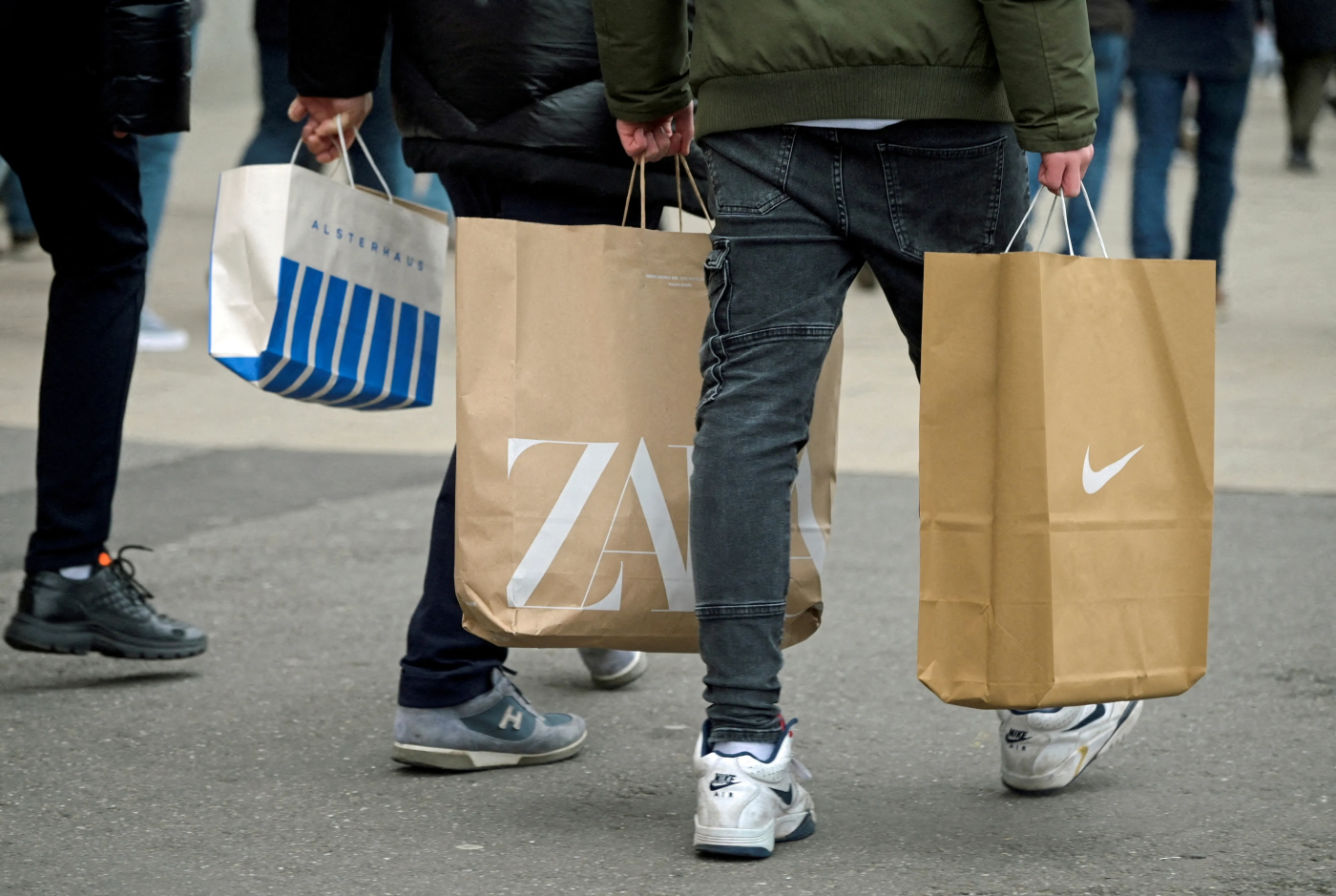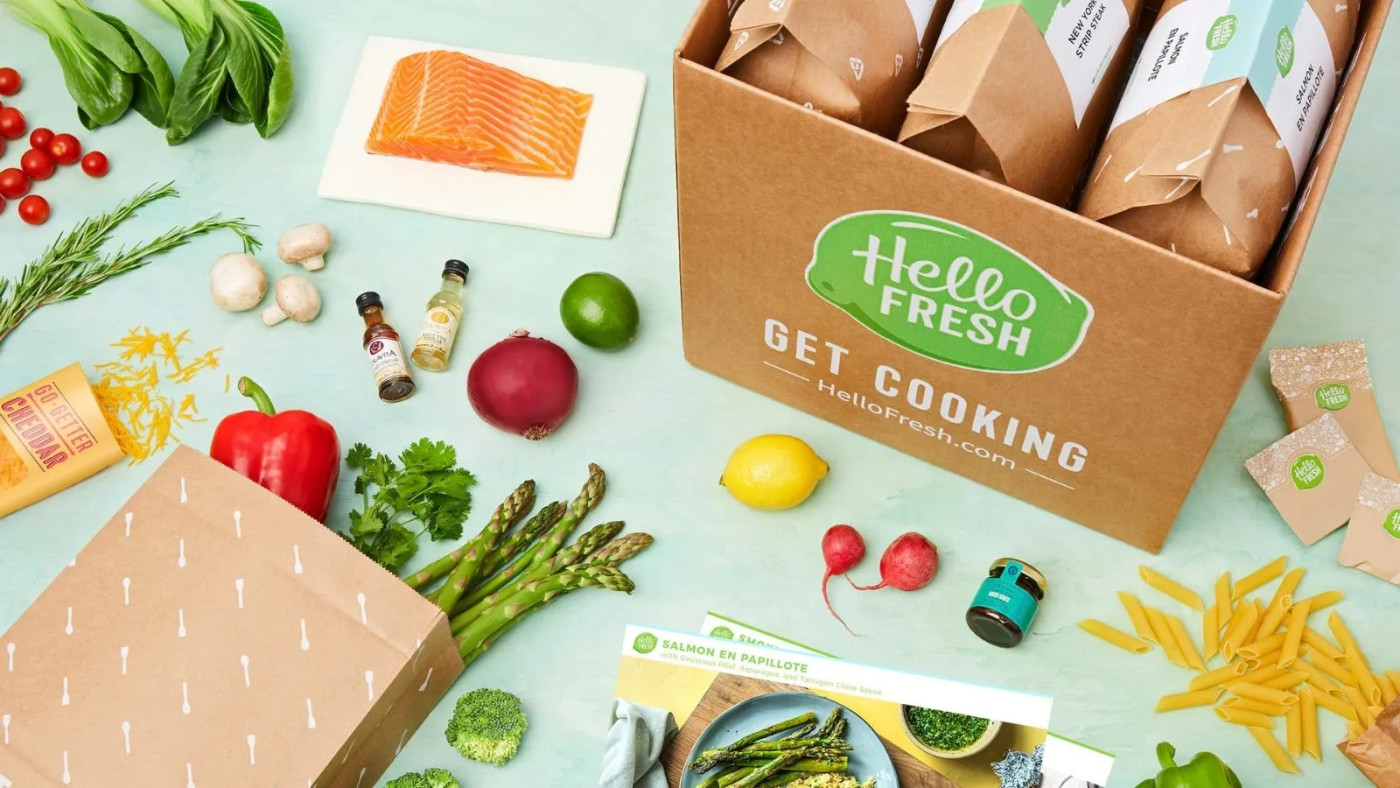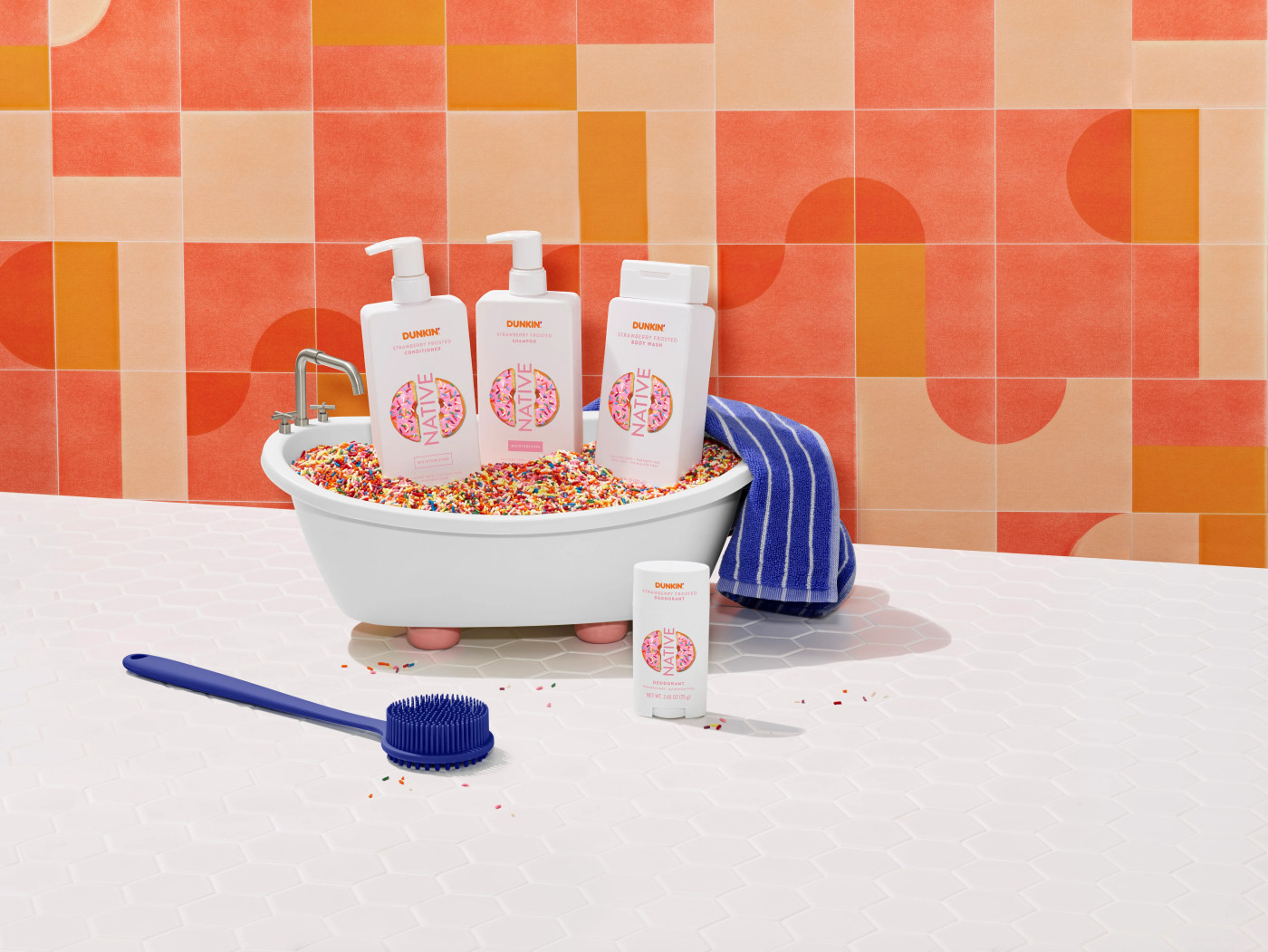
Self-care generates billions of dollars each year. But is it just consumerism?
Treating yourself is a good thing, but splurging as a form of self-care might be missing the point, leaving you in worse shape than you started.
Consumers may mistake retail therapy for self-care, but it doesn't address their emotional needs, experts say, it just amounts to unnecessary spending.
Google searches for ways to pursue self-care have been on the rise in the past five years, and shopping-related queries for gifts or specific retailers have nearly doubled since October.
So far, concerns about the economy have not slowed shoppers when it comes to holiday spending. Consumer spending online and in stores rose this year on Black Friday and Cyber Monday. Among the top purchases over the Thanksgiving shopping period were personal care or beauty items, according to a survey by Prosper Insights & Analytics.
The beauty and personal care market is expected to generate more than $100 billion in revenue in the U.S. this year, according to Statista.
Holiday deals: Shop this season’s top products and sales curated by our editors.
The wellness economy, which includes the personal care and beauty market, grew 9% globally in 2023 from 2022 and is projected to hit $9 trillion by 2028, nearly double the market in 2019, according to a report from the Global Wellness Institute.
Concepts like "Treat Yo Self Day" and self-care routines may be more common, but is it because people are prioritizing themselves or is raw consumerism?
More:Stores are marketing for holidays earlier. Experts say it's stressing us out.
Why we buy
"Consumerism is kind of out of control," said Kristina Durante, a social psychologist and marketing professor at Rutgers Business School who has studied consumer decision-making. "There's so much uncertainty, and whenever uncertainty rises, so, too, does our willingness to want to compensate by buying things."
Consumerism has packaged self-care and given it back with a price tag attached, said Iresha Picot, a licensed behavioral therapist. Picot, who goes by "da hood therapist" on social media, has built a community around self-care and mental health.
"We live in a very capitalistic culture," Picot said. "We like to put a dollar value or amount to everything that we do."
When companies change the ways they target potential customers it affects shopping behavior, Durante said. Internet searches and social media algorithms are tailored to each user's interactions, products are presented to consumers in a way that's specific to their needs or at least their online behavior.
"It's really hard to live in our modern digital age," Durante said.
Consumerism also may have tricked people into thinking self-care is small, irregular acts, Picot said, such as getting a treat or a massage but not prioritizing oneself in other ways more frequently.
When it comes to self-care, "a lot of people haven't figured out how to make their lives have these moments of extension every day for them," Picot said, "so self-care has become just these random moments that don't even happen very often."
Stress or feeling excluded can also drive people to use shopping for self-care.
"We want to affiliate with others. One way we do that is to pattern our purchases after them," Durante said. If a friend or an influencer on social media that someone admires "is talking about something that they bought, then we're going to buy it, too. It's just a way to affiliate with groups that we want to be a part of."
There's a logic to it, whether or not shoppers are aware of it, she said.
We are often trying to figure out where we have value, Durante said. And if we think we have a deficit, we're more susceptible to buying unnecessary things promoted by influencers we aspire to emulate.
It's a form of mental accounting, Durante said. "Everything we buy is related to our attempt to restore control over our lives. We have these problems, a lot of them we cannot solve immediately. Buying ourselves something nice is a way to feel like we're doing something and it makes us feel good."
More:Americans say this factor may be an even bigger sign of success than wealth

How to rethink self-care and spending
Consumers can curb mindless spending and embrace better self-care by untangling the foundational concepts of consumerism.
"Self-care is really about prioritizing yourself, making sure you're putting yourself first in your life and just also making sure that everything that you do is in the best interest of your mental, emotional and physical health," said Picot, the behavioral therapist . And self-care is important "because we have so many things outside of ourselves that are draining our energy or trying to make us small."
People need more connection, Picot said. Shopping for self-care rarely fulfills that need.
"The way we view self-care has also made a lot of us feel alone because it promotes these individual acts as opposed to promoting acts of community care and connection," she said.
The holidays can exacerbate this feeling for people, she said.
"You have this one big occasion and then everybody leaves or you leave the people you're with – it's just like that empty feeling," Picot said. "It gives you the temporary high, and then you go back into your everyday life where you feel very empty."
There are ways to approach self-care without the pitfalls of consumerism, like overspending for "fixes."
But it requires taking time to reflect on what you truly need.
"Sit down and make a list of things that actually bring you pleasure and joy, or things that brought you joy and happiness as a child," Picot said. " I have found out that a lot of people in their adulthood have not experienced true unbridled happiness, but they did as a child."
Picot said she rediscovered bike riding during the COVID-19 pandemic and in 2023, she formed Black Girl Joy Bike Ride, a recreational cycling group in Philadelphia aimed at getting more Black women and girls on bikes.
People can also make a list of the things they've always wanted to do but just haven't made time to do. Consistency and connection should be a big part of self-care.
"Think of something you can do even just for a couple of minutes every day that is going to bring you some type of joy," Picot said. "I call it 'small pockets of happiness.'"

